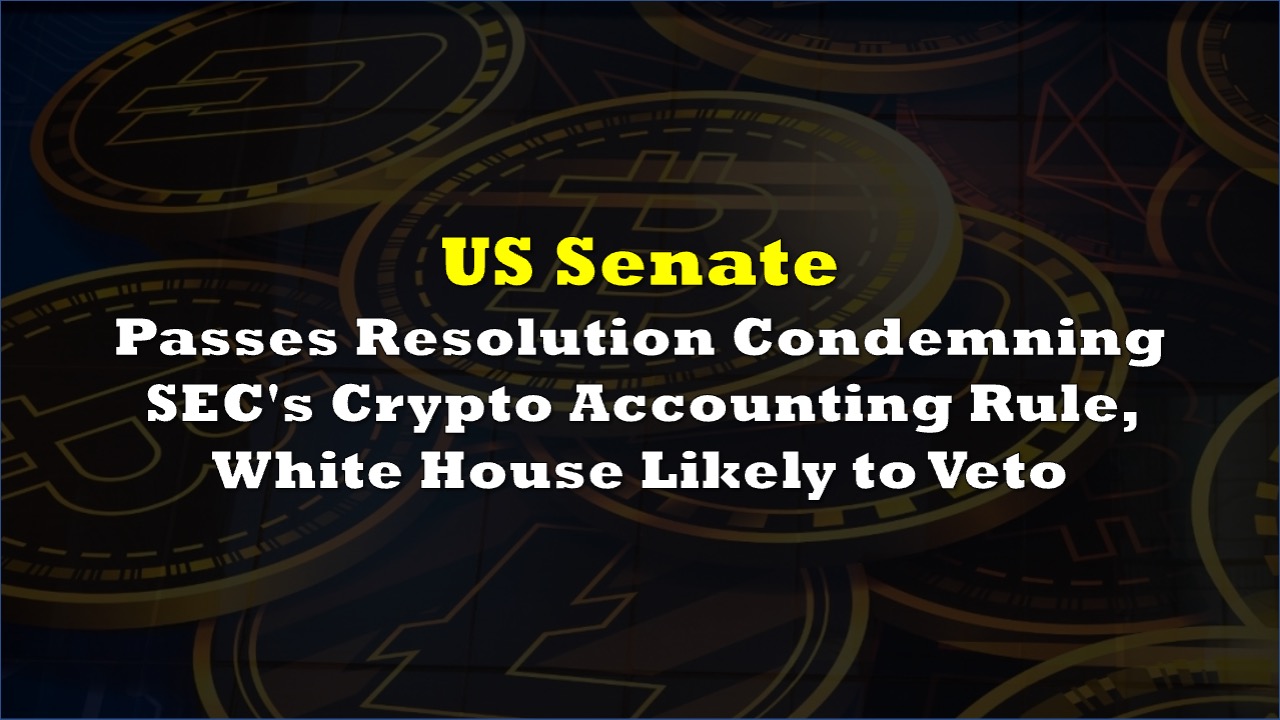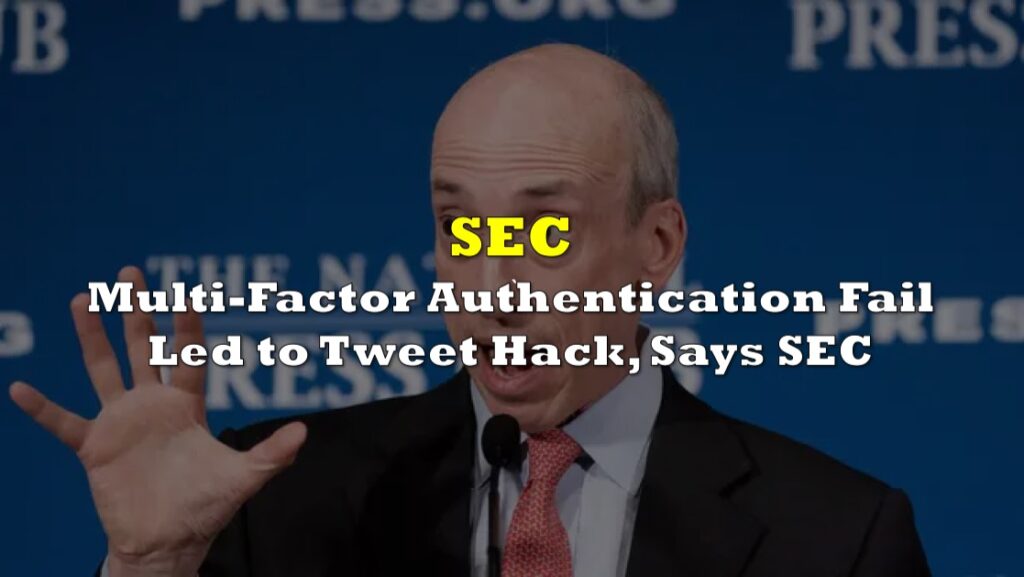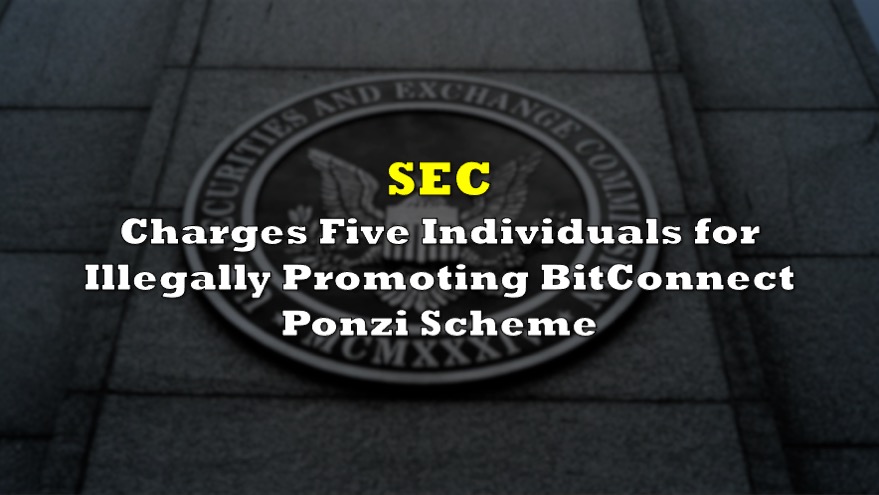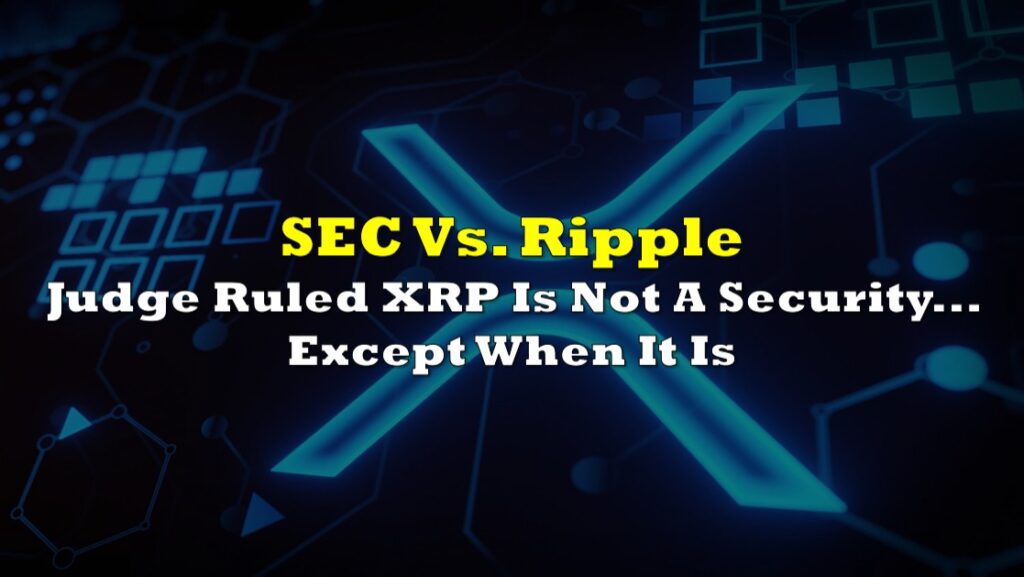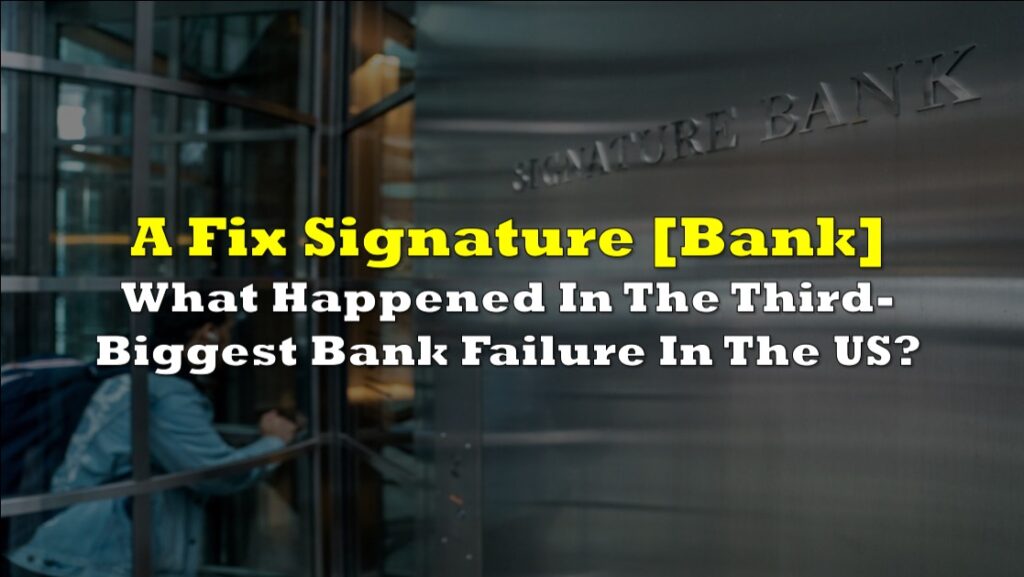The US Congress passed a resolution condemning the Securities and Exchange Commission’s (SEC) staff accounting bulletin 121 (SAB 121), which imposes strict rules on how financial institutions should account for cryptocurrency assets. The resolution passed in the Senate with a 60-38 vote, following its passage in the House.
This was all symbolic, it seems, as the White house had previously issued a statement saying “If the President were presented with H.J. Res. 109, he would veto it.”
⚠️ℹ️ I think Biden will try to veto this, but if it squeaks through it’s actually bearish for $COIN & other institutional crypto custodians
— Rho Rider (@RhoRider) May 16, 2024
Basically opens the door for many of the firms who’ve been relying on 3rd party custodians to self custody. $COIN is becoming obsolete https://t.co/ip0oFkTCYW
The crypto industry has been battling against SEC Chairman Gary Gensler’s regulations, and this congressional action marks a significant victory for the industry. SAB 121 has been criticized for making it prohibitively expensive for financial institutions to participate in the crypto custody business.
The SEC has recently faced a series of setbacks, including losses in cases involving the cryptocurrency XRP and the approval of a spot bitcoin ETF. However, the agency did secure procedural wins in its cases against Coinbase and Terraform Labs.
Sen. Cynthia Lummis, a Republican from Wyoming, criticized the SEC’s approach, stating that the agency should not set policy over banks through a staff accounting bulletin. Sen. Elizabeth Warren, on the other hand, objected to the vote itself, arguing that it was an inappropriate use of the Congressional Review Act (CRA).
The US Government Accountability Office had previously ruled that SAB 121 was a rule for purposes of the CRA. The White House has expressed strong opposition to the resolution, stating that it would disrupt the SEC’s work to protect investors and safeguard the financial system.
The Administration believes that limiting the SEC’s ability to maintain a comprehensive regulatory framework for crypto-assets could introduce substantial financial instability and market uncertainty.
Information for this story was found via the sources and companies mentioned. The author has no securities or affiliations related to the organizations discussed. Not a recommendation to buy or sell. Always do additional research and consult a professional before purchasing a security. The author holds no licenses.

